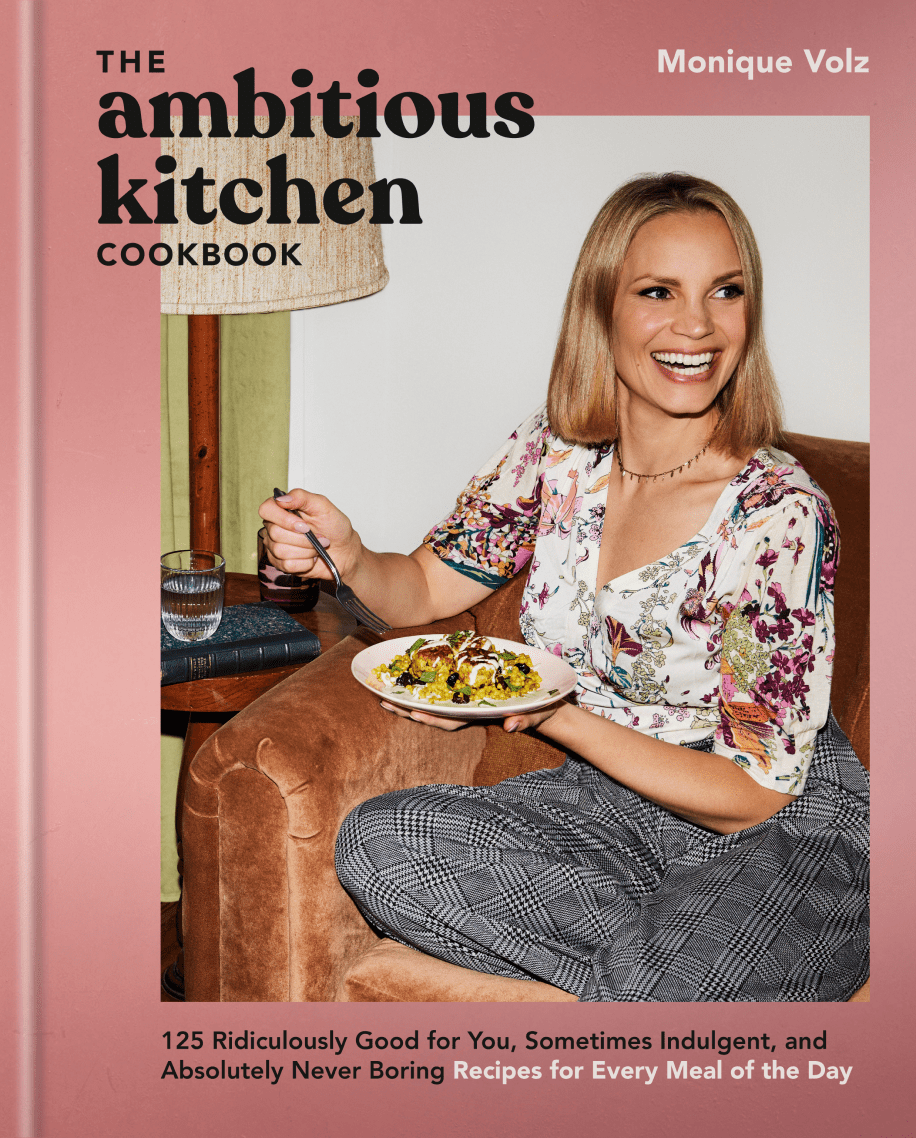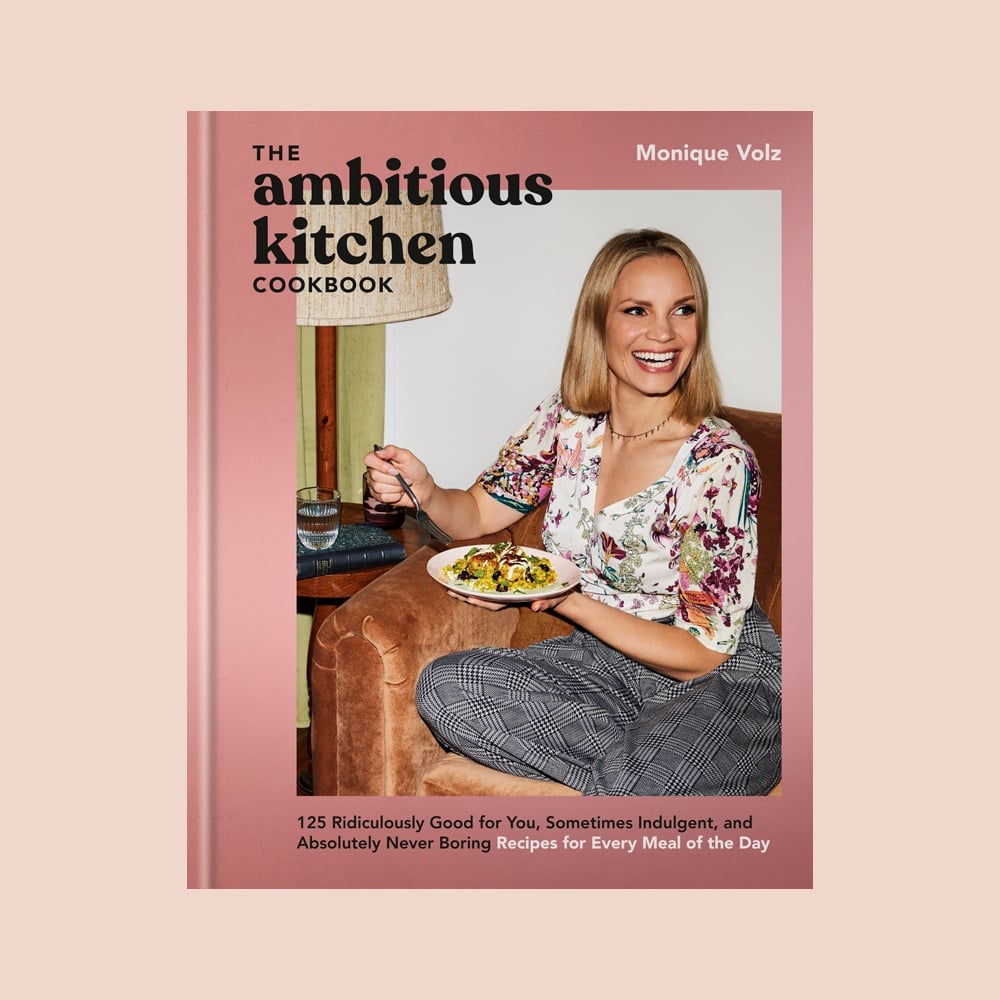
Introducing
The Ambitious Kitchen Cookbook

Here you’ll find healthy fish and seafood recipes for a protein-packed lunch or dinner. From pastas to salads and delicious tacos, these healthy seafood recipes will be your new favorite ways to use salmon, tuna, shrimp, and more!
Delicious salmon taco bowls with homemade taco seasoned salmon and served with flavorful sofrito rice. Add avocado, salsa, green onion, cilantro and any other toppings your heart desires for a wonderful meal prep dinner for two!

Get your copy today and start cooking flavorful, nourishing recipes for every meal of the day!